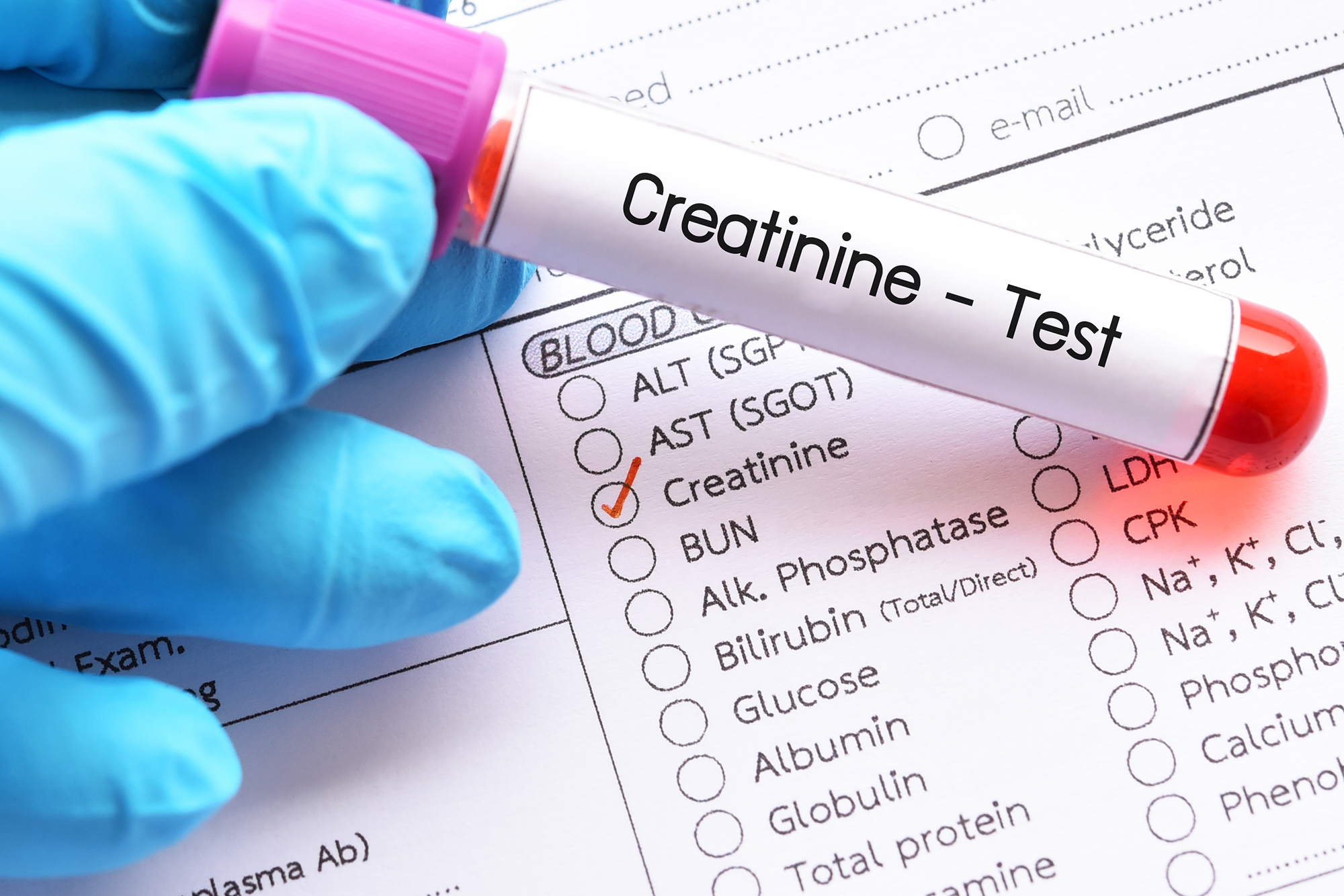How Does Protein Affect Creatinine Levels? Understanding the Link
In the realm of health and nutrition, the intricate interplay between protein consumption and various physiological markers often prompts questions and discussions. One such connection that frequently arises is the relationship between protein intake and creatinine levels. Creatinine, a waste product produced by muscle metabolism, is commonly used as a marker to assess kidney function. In this article, we unravel the complexities of how protein affects creatinine levels and gain a deeper understanding of this intriguing link.
Creatinine: A Window into Kidney Health
Before delving into the protein-creatinine connection, it’s crucial to grasp the significance of creatinine in evaluating kidney health. Creatinine is a byproduct of the breakdown of creatine phosphate, a molecule involved in energy production within muscles. Normally, healthy kidneys filter creatinine from the blood, and it is then excreted through urine. Elevated creatinine levels in the blood can indicate impaired kidney function, as the kidneys may be struggling to effectively filter and eliminate this waste product.
The Protein-Creatinine Relationship: What’s at Play?
Protein consumption can impact creatinine levels due to the following factors:
1. Increased Muscle Metabolism: Protein is an essential component for muscle growth and repair. When you consume more protein, your body might experience increased muscle metabolism. This heightened muscle breakdown can lead to a rise in creatinine production, as more creatinine is generated from the breakdown of creatine phosphate in muscles.
2. Glomerular Filtration Rate (GFR): The glomerular filtration rate (GFR) is a measure of how efficiently the kidneys filter waste products from the blood. High-protein diets have been associated with an increase in GFR. A higher GFR can result in more creatinine being filtered from the blood and subsequently excreted in urine.
3. Dehydration: Inadequate hydration can influence creatinine levels. Protein-rich foods often contain less water content than carbohydrates or fruits, and a high-protein diet might lead to reduced fluid intake. Dehydration can temporarily raise creatinine levels as the kidneys work to maintain fluid balance.
https://sugarfreeshop.online/harnessing-avenanthramides-low-carb-bedtime-snacks-diabetics/
Balancing Protein Intake and Kidney Health
While protein is essential for overall health and muscle maintenance, it’s crucial to strike a balance between protein consumption and kidney function. For individuals with healthy kidneys, a moderate increase in creatinine levels due to protein intake is generally not a cause for concern. However, individuals with pre-existing kidney conditions should consult a healthcare professional or registered dietitian before making significant changes to their protein intake.
Understanding the relationship between protein and creatinine levels provides valuable insights into how our dietary choices can influence kidney function. For most individuals, a well-rounded diet that includes a healthy amount of protein is unlikely to lead to drastic changes in creatinine levels. As always, it’s essential to prioritize overall health, stay hydrated, and consult healthcare professionals when considering significant dietary adjustments.
Regulating protein and creatinine levels involves maintaining a balanced and mindful approach to your diet and overall health. Here are some tips to help you manage both protein and creatinine levels:
1. Stay Hydrated: Proper hydration is essential for kidney function and the elimination of waste products, including creatinine. Drink an adequate amount of water throughout the day to support kidney health and help maintain optimal creatinine levels.
2. Monitor Protein Intake: While protein is important for muscle growth and overall health, excessive protein intake can strain the kidneys and potentially lead to elevated creatinine levels. Consult a healthcare professional or registered dietitian to determine an appropriate protein intake based on your individual needs and health status.
3. Choose High-Quality Proteins: Opt for lean sources of protein such as lean meats, poultry, fish, eggs, legumes, and low-fat dairy products. These options provide essential amino acids without excessive fat or additives.
4. Balance Protein Throughout the Day: Distribute your protein intake evenly across meals to avoid consuming a large amount of protein in a single sitting. This approach can help prevent an unnecessary burden on the kidneys.
5. Consider Amino Acid Balance: Vary your protein sources to ensure you’re getting a variety of amino acids. This can help prevent an imbalance that may contribute to elevated creatinine levels.
6. Monitor Kidney Health: Regular check-ups with a healthcare provider can help monitor kidney function and creatinine levels. If you have pre-existing kidney conditions or concerns, working closely with a healthcare professional is crucial.
7. Maintain a Balanced Diet: A well-rounded diet rich in a variety of nutrients supports overall health, including kidney function. Incorporate plenty of fruits, vegetables, whole grains, and healthy fats into your meals.
8. Limit Processed Foods: Processed foods, especially those high in sodium and additives, can contribute to kidney strain. Opt for whole, unprocessed foods whenever possible.
9. Manage Chronic Conditions: Conditions such as diabetes and hypertension can impact kidney health and creatinine levels. Managing these conditions through medication, lifestyle changes, and medical guidance can help regulate creatinine levels.
10. Avoid Extreme Diets: Extremely high-protein or very low-carb diets may negatively impact kidney function and creatinine levels. Choose balanced and sustainable eating patterns.
In the intricate tapestry of nutrition and physiology, the protein-creatinine link is just one thread. By weaving together knowledge, mindfulness, and informed decision-making, we can nurture our bodies and navigate the complex world of health and wellness with confidence.












